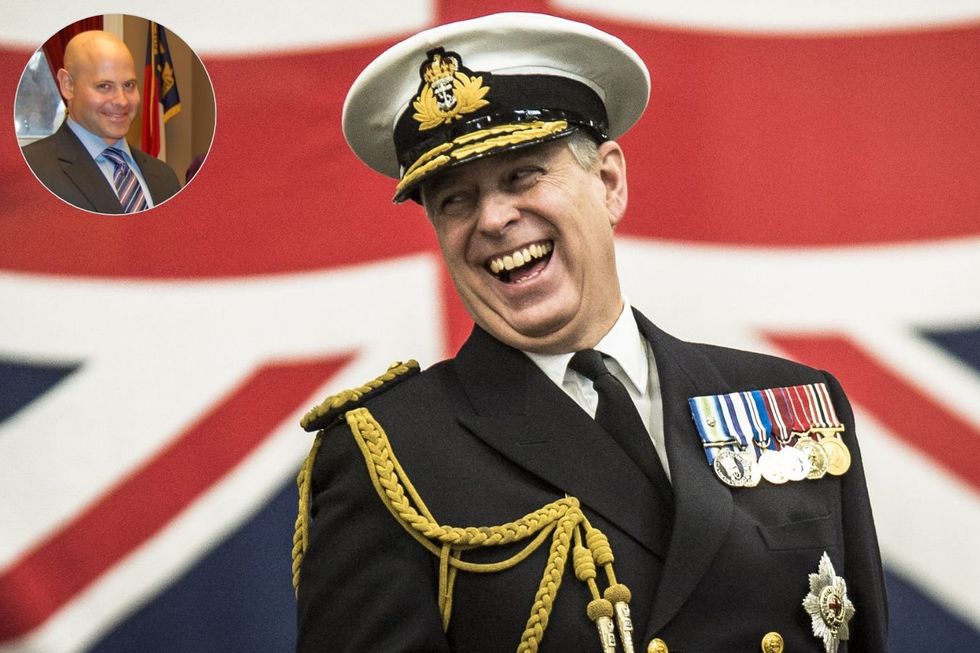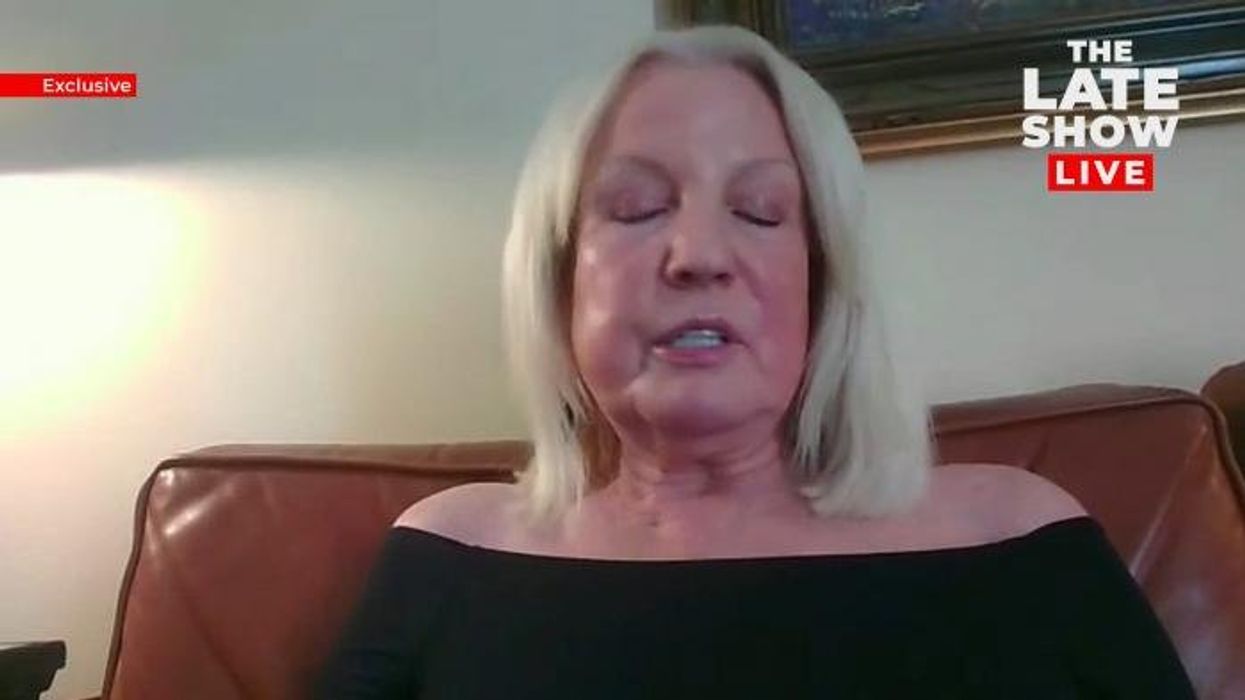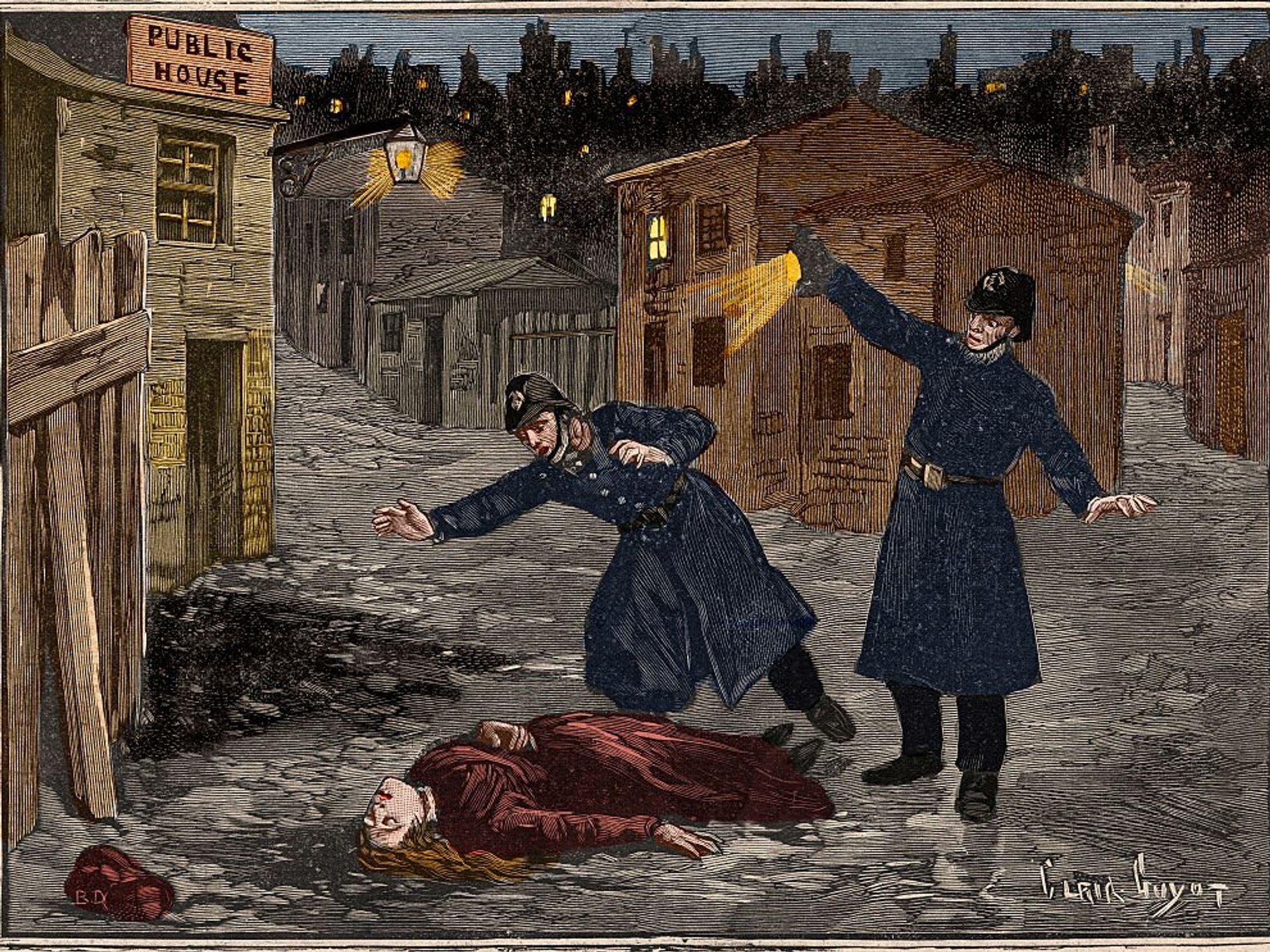An outraged American wonders why Andrew is in the hot seat while US Epstein pals escape scrutiny - Lee Cohen
As pressure mounts on Prince Andrew, Lee Cohen asks why other associates of Jeffrey Epstein don't face the same scrutiny
Don't Miss
Most Read
Trending on GB News
I would never attempt to defend Prince Andrew’s deeply troubling association with the late American sex offender Jeffrey Epstein. The word “cringeworthy” barely begins to cover it. His choices were foolish, naïve, and morally tone-deaf. Yet, as I sit here in America, watching the headlines spiral into ever-more sensational territory, I’m uneasy at the spectacle taking shape.
Reports that Democratic Congressman Stephen Lynch intends to summon Prince Andrew before a US congressional committee should concern anyone who believes in fairness, due process, and national sovereignty. Why now? Why him?
The partisan dimension matters. This summons comes from a Democrat—a member of a party that has often been more antagonistic towards Britain than its Republican counterparts. Barack Obama and Joe Biden, the two most recent Democratic presidents, have shown notable froideur towards Britain—from Obama’s removal of the Churchill bust from the Oval Office to Biden’s open discomfort with post-Brexit London.
By contrast, Donald Trump expressed admiration for Britain, strong support for the Special Relationship, and respect for the monarchy. Against that backdrop, this Democrat-led pursuit of Prince Andrew looks less like justice than political theatre—an easy way to score points at Britain’s expense.
TRENDING
Stories
Videos
Your Say
Andrew has already paid a heavy price: stripped of royal duties, banished from public life, and ridiculed in the media for years. He has not been arrested or charged with any crime in Britain, nor found guilty in any court. He has always strongly denied allegations of wrongdoing. Yet, from across the Atlantic, American politicians—largely Democrats—seem eager to turn his downfall into a spectacle. This is not justice. It is an ambush.
His friendship with Epstein was a grave error in judgment, but, as far as anyone has proven, not criminal. Meanwhile, many powerful Americans—businessmen, politicians, and celebrities—had far closer dealings with Epstein. Bill Clinton, Bill Gates, and others appear in the Epstein files. Yet, the congressional spotlight has swung not toward these domestic figures but toward a foreign prince—disgraced, defenceless, and symbolic.
It’s hard to see this as anything but political opportunism: a chance to drag a British royal into an American scandal. It plays well to cameras, feeds the appetite for royal controversy, and distracts from America’s own uncomfortable truths.

As pressure mounts on Prince Andrew, Lee Cohen asks why other associates of Jeffrey Epstein don't face the same scrutiny
|PA
Make no mistake—this Democrat-driven push has more to do with optics than justice. It lets lawmakers pose as moral crusaders even as their own institutions failed to hold Epstein and his network accountable while he lived. For years, Epstein moved easily among America’s elite; his predation was an “open secret.” Now, with him gone, Democrat politicians who long ignored the issue suddenly point fingers at President Trump and now, abroad. It’s an old Washington trick: deflect blame by exporting the scandal.
The hypocrisy is galling. Some of those participating are themselves connected, directly or indirectly, to Epstein’s world. Yet their names remain largely untouched. Andrew, by contrast, is a safe target—a foreigner and a fallen royal.
The American and British media have turned him into a convenient villain for every moral failure of the elite class. The coverage is punitive, not investigative. There is no recognition of his past service to Britain—flying Royal Navy helicopters under fire during the Falklands War—or of the toll that years of disgrace and humiliation have taken. Instead, the story is endlessly recast as a morality play with a single antagonist: the Duke of York.
LATEST DEVELOPMENTS
What purpose does this serve? Not justice, nor closure for Epstein’s victims. It serves only the media’s hunger for scandal and Washington’s appetite for distraction.
Britain must respond firmly. Its institutions—courts, Parliament, and Crown—are fully capable of addressing wrongdoing when it occurs. The notion that an American congressional committee can summon a British citizen, especially a member of the Royal Family, is insulting.
Britain has always handled its own affairs, judging and punishing its wrongdoers when evidence demands it. That process must not be overridden by American political grandstanding. If Washington truly wants to understand Epstein’s network, it should begin at home—among the billionaires, financiers, and former presidents whose ties to Epstein were far deeper than Andrew’s misguided friendship.
No one suggests Prince Andrew should be immune from accountability. His lack of judgement deserves criticism. But justice is not mob rule, and punishment without process is not virtue. He has already lost everything that defined his public identity—his reputation, titles, and career. Dragging him again into the spotlight serves no moral end and heaven forbid, could end dangerously as it did for Epstein himself.
The Palace and Government are starting to signal that enough is enough. The Duke of York’s mistakes are being addressed under British authority—and that is where the matter should remain.
The first mission must be to protect the Monarchy. The Duke’s legacy is already sealed: he is the shamed and disgraced second son of the great Queen Elizabeth. Of course, if there is criminal evidence, it must be investigated and dealt with appropriately by British authorities, not failing American democrats seeking a smokescreen transatlantic power play.
Prince Andrew is hardly beyond criticism. But, like any citizen, he deserves fairness—and that means being judged by British standards, not dragged into an American or global circus for political gain or media spectacle.
More From GB News











